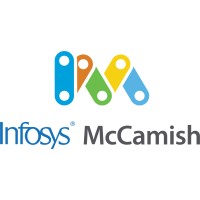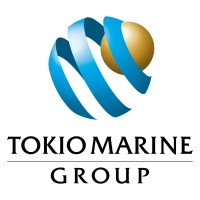
Infosys McCamish Systems
Infosys McCamish Systems, a U.S. based subsidiary of Infosys BPM, a part of Infosys (NYSE: INFY), is a leader in providing best in class technology platforms and service solutions for the financial services industry. With deep domain experience with Life Insurance companies, worksite product providers and retirement companies globally, we partner with our clients to help them stay ahead of the innovation curve. Infosys McCamish Systems offers flexible solutions through business process outsourcing, software as a service, and license models. Our clients can choose from one of these service models or operate with a combination of these models as their needs evolve. Our technology platforms and services combined with execution excellence and proven best practices, optimize our clients’ operations today while building tomorrow’s enterprise. Infosys McCamish currently provides platform-based solutions and services to over 40 insurance companies across a broad array of insurance products, distribution models and platform deployment options. In the retirement markets, Infosys McCamish is one of the largest ‘behind-the-scenes’ nonqualified deferred compensation plan record-keepers in the USA (based upon recordkeeping assets administered). We deliver solutions that improve your agent and customer satisfaction while reducing risk and cost of operations. With our solutions, you’ll be poised to launch new products faster, optimize your expense and loss ratios, and manage distribution channels rapidly and comprehensively.






